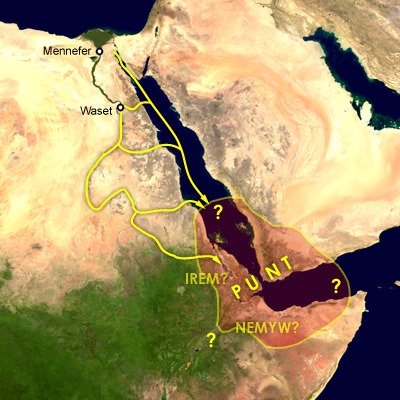Before getting into what this means, let's first discuss how we got here
A trend I'm excited for this year: DataOps & the Analytical Engineer
~10 years ago DevOps was born. The role of system admins and developers merged. Infrastructure became self-serve
Today the role of data engineers and business analysts are merging. Data is becoming self-serve
Before getting into what this means, let's first discuss how we got here
Tools like Informatica / Talend were used to batch load (ETL) data into these databases, Tableau used to visualize
Then in 2013 AWS released their cloud data warehouse Redshift, and it was a game changer. Snowflake was founded in 2012, but didn't really pick up steam until a few years later (around 2016)
1. It was the first cloud-native OLAP warehouse. It reduced the TCO of an OLAP database by orders of magnitude.
2. Speed of processing analytical queries increased dramatically
What does this all mean? An EXPLOSION of data
Now, after this point we still weren't ready for DataOps / Analytical Engineers. What did it take to get there?
1. Data Movement: @fivetran
2. Data storage / compute: @SnowflakeDB @awscloud @GCPcloud
3. Data Transformations: @getdbt
When data access becomes democratized and self-serve in nature, the need for new tools to manage this "modern data stack" goes up. I think we'll see a TON of huge companies built in the following categories:
2. Monitoring the quality of the data (and pipelines) will become increasingly important in self-serve settings. "Datadog for data"
More from Tech
You May Also Like
I'm going to do two history threads on Ethiopia, one on its ancient history, one on its modern story (1800 to today). 🇪🇹
I'll begin with the ancient history ... and it goes way back. Because modern humans - and before that, the ancestors of humans - almost certainly originated in Ethiopia. 🇪🇹 (sub-thread):
The first likely historical reference to Ethiopia is ancient Egyptian records of trade expeditions to the "Land of Punt" in search of gold, ebony, ivory, incense, and wild animals, starting in c 2500 BC 🇪🇹

Ethiopians themselves believe that the Queen of Sheba, who visited Israel's King Solomon in the Bible (c 950 BC), came from Ethiopia (not Yemen, as others believe). Here she is meeting Solomon in a stain-glassed window in Addis Ababa's Holy Trinity Church. 🇪🇹

References to the Queen of Sheba are everywhere in Ethiopia. The national airline's frequent flier miles are even called "ShebaMiles". 🇪🇹

I'll begin with the ancient history ... and it goes way back. Because modern humans - and before that, the ancestors of humans - almost certainly originated in Ethiopia. 🇪🇹 (sub-thread):
The famous \u201cLucy\u201d, an early ancestor of modern humans (Australopithecus) that lived 3.2 million years ago, and was discovered in 1974 in Ethiopia, displayed in the national museum in Addis Ababa \U0001f1ea\U0001f1f9 pic.twitter.com/N3oWqk1SW2
— Patrick Chovanec (@prchovanec) November 9, 2018
The first likely historical reference to Ethiopia is ancient Egyptian records of trade expeditions to the "Land of Punt" in search of gold, ebony, ivory, incense, and wild animals, starting in c 2500 BC 🇪🇹

Ethiopians themselves believe that the Queen of Sheba, who visited Israel's King Solomon in the Bible (c 950 BC), came from Ethiopia (not Yemen, as others believe). Here she is meeting Solomon in a stain-glassed window in Addis Ababa's Holy Trinity Church. 🇪🇹

References to the Queen of Sheba are everywhere in Ethiopia. The national airline's frequent flier miles are even called "ShebaMiles". 🇪🇹




















